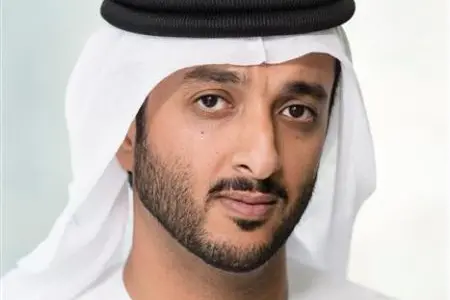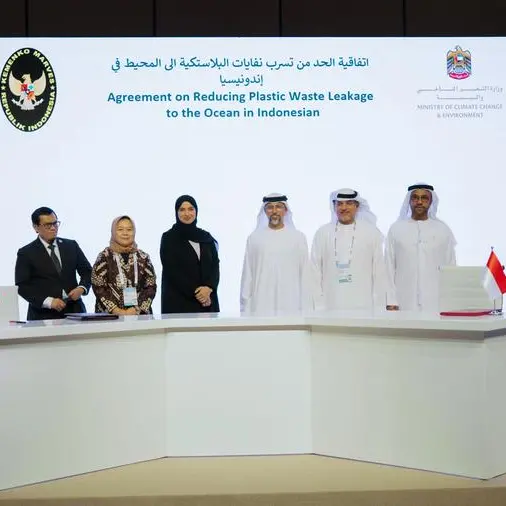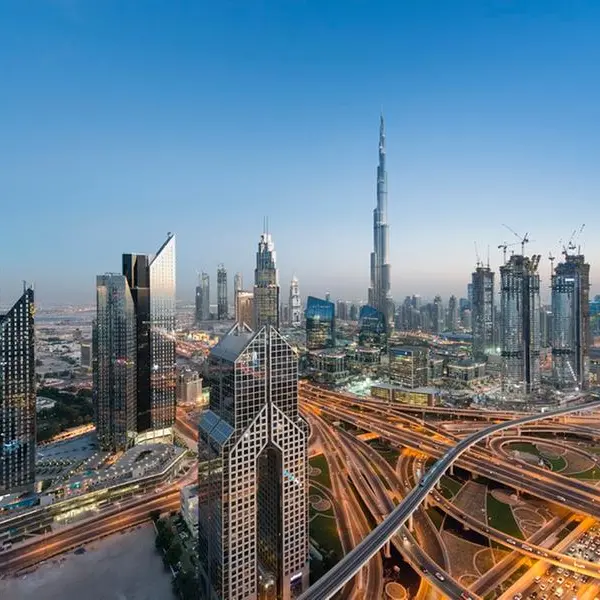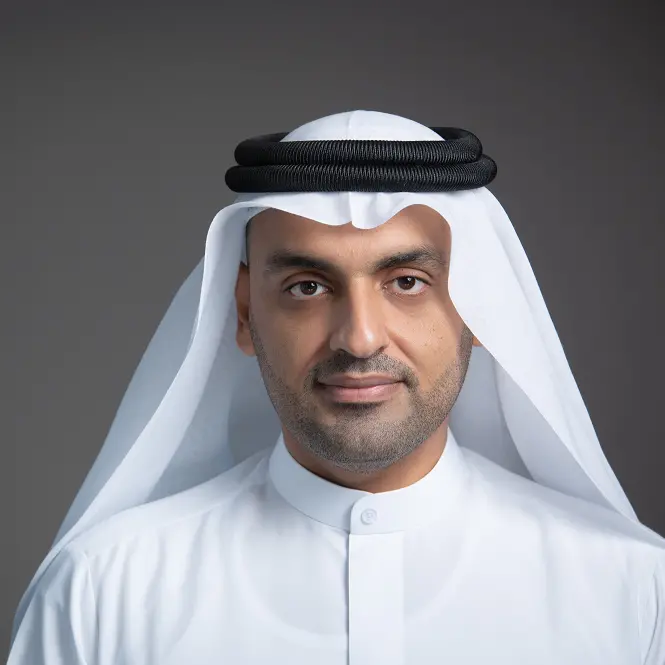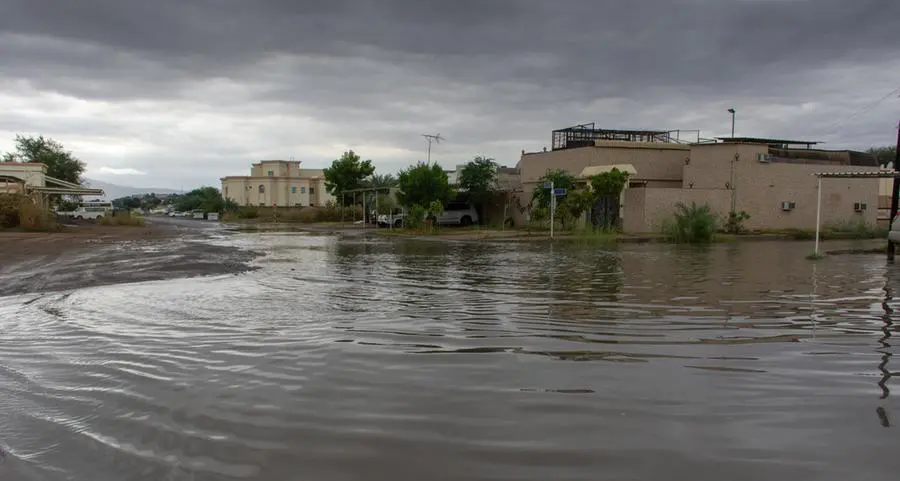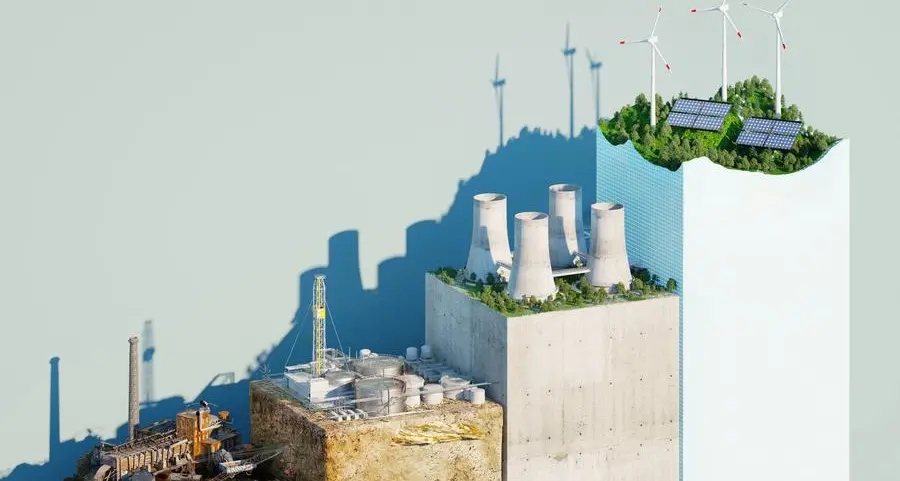PHOTO
130 physicists and experts from 20 countries take part in event
· Magnonics 2017 is held every two years to discuss the latest developments in physics
· More than 40 specialised lectures discuss next-generation IT solutions
· A leading global platform to enrich knowledge and expertise, and empower a new generation of scientists in physics
Dubai - The Future Design Center, one of the initiatives by Dubai Future Foundation launched during the World Government Summit 2017, marked the hosting of the World Advanced Physics Conference, ‘Magnonics 2017,’ in partnership with Oxford University’s Institute of Digital Archaeology (IDA).
Focusing on the fundamental and applied aspects of magnon, spin-wave dynamics and nanomagnetism, Magnonics 2017 was held at the Magdalen College, Oxford, with the participation of more than 130 scientists in the field of advanced physics and experts from more than 20 countries.
One of the prominent science events in the world held every two years, Magnonics 2017 featured more than 40 specialised lectures that discussed the latest and future developments in physics. It contributes to strengthening next generation IT solutions and provide fast, efficient and cost-effective computer operating systems.
His Excellency Abdulla bin Touq, Acting CEO of DFF, said: “The Dubai Future Foundation partnered on this important international event to underline the importance of physics and its role in the development of future technology. Through our support, we also highlighted the role of advanced science and its contribution to the development of future industries related to computer science. This is part of our efforts to create the future and build the infrastructure of future cities as part of Dubai's future agenda.”
He added:” The conference served as an ideal platform for promoting scientific exchange, building partnerships and promoting bridges of cooperation to explore the future. At Dubai Future Foundation, our goal is to promote mutual learning. We are taking steady steps to establish Dubai as a global center for future vision and industry. We work closely with our strategic partners to build capacity and skills, and to provide world-class platforms that facilitate scientific exchange and access to developments in several areas such as future studies, 3D technology, and modern physics.”
Dr. Roger L. Michel, Founder & Executive Director at The Institute of Digital Archaeology (IDA) said: “The Oxford Center for Future Design, with support from the Dubai Future Foundation, was pleased to host Magnonics 2017. The work of these scientific luminaries will pave the way for extraordinary innovations in the years ahead, including transformational advancements in information technology, data storage, and communications. The CFD, with the help of its key partner, the Dubai Future Foundation is well on its way to achieving its goal of becoming a recognized international hub for technical and scientific advancement. The University of Oxford, with its world-leading faculty and facilities, is the ideal setting for such an ambitious enterprise.”
Professor John F. Gregg at the University of Oxford said: “Magnonics 2017 was the first international Magnonics meeting ever to be held at the University of Oxford and the largest gathering of experts in the history of the Magnonics conference series. The meeting represents an exciting milestone in the development of this increasingly important field.”
The Dubai Future Foundation's hosting of the conference, in cooperation with Oxford University, reflects the organisation's global standing and interest in its agenda of Future Foresight and industry. By working with several innovative companies and organisations in the world, DFF seeks to find sustainable solutions to the challenges facing societies, and providing promising opportunities for the further progress and growth of the global economy.
Magnonics 2017 attracted world-class experts and distinguished academics from prestigious universities and institutes including Cambridge University, Kyoto University of Japan and the University of California, USA.
The conference takes place every two years in a global city and was held in 2009 in Dresden, Germany; in 2011 in Recife, Brazil; in 2013 in Varberg, Sweden, and in 2015 in Seeon-Seebruck, Germany.
-Ends-
© Press Release 2017
